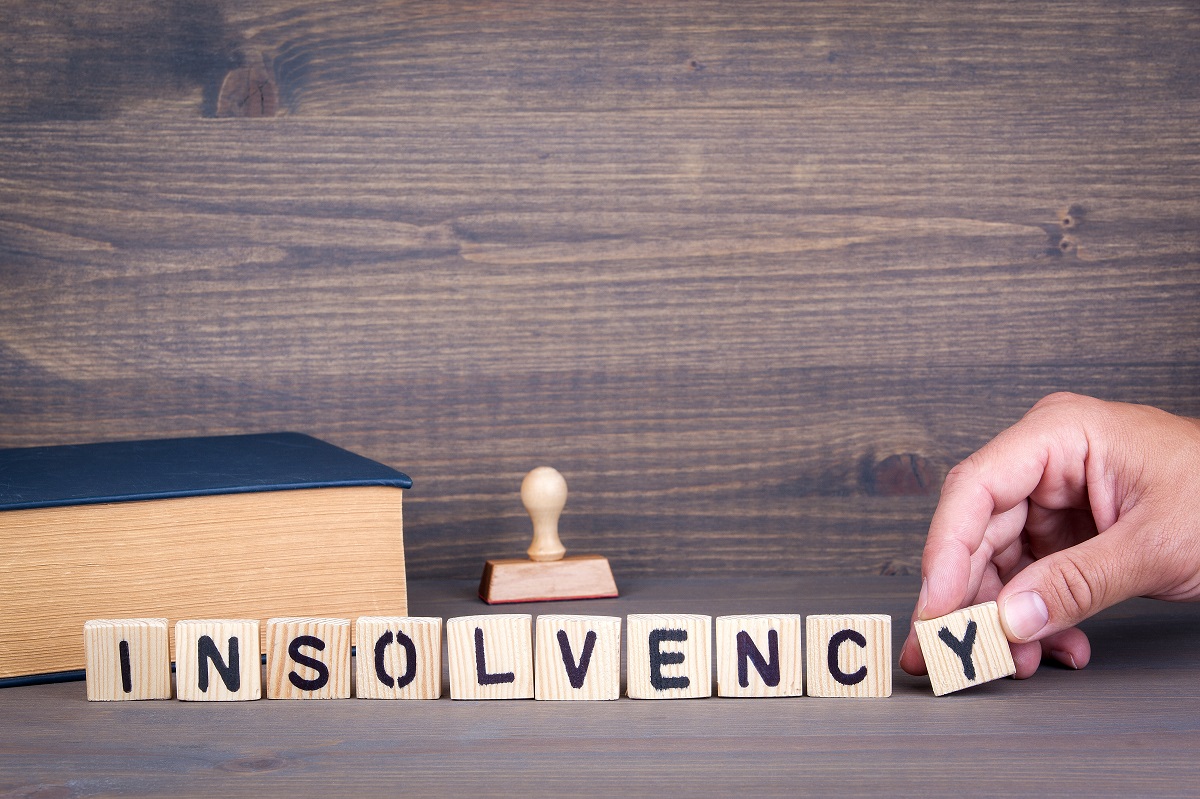Excitement About Insolvency Practitioner
Excitement About Insolvency Practitioner
Blog Article
Everything about Insolvency Practitioner
Table of ContentsMore About Insolvency PractitionerThe Ultimate Guide To Insolvency PractitionerNot known Facts About Insolvency PractitionerInsolvency Practitioner Can Be Fun For EveryoneThe Buzz on Insolvency Practitioner
Whether or not you require to utilize an insolvency practitioner (IP) to liquidate your company relies on different elements. While engaging a bankruptcy specialist for all forms of liquidation is not a lawful need, doing so can frequently improve the procedure and make sure compliance with lawful requirements. Liquidating a firm is a critical choice that comes with significant effects.
It is a treatment utilized when a firm does not have any kind of creditors, or every one of their financial institutions can be repaid completely with statutory passion. Comprehending the various kinds of bankruptcy processes can aid you identify the most effective program of activity for your company's liquidation or other official insolvency procedures itself.
This is mandatory in order to follow lawful needs - Insolvency Practitioner. This is since IPs have the necessary certifications and experience to make certain that the liquidation process is carried out based on all applicable legislations and laws. By engaging an accredited bankruptcy practitioner, you can have satisfaction understanding that your firm's liquidation process will be dealt with properly and in conformity with the relevant legal requirements
Insolvency Practitioner Things To Know Before You Get This
The insolvency practitioner is appointed as a liquidator and is responsible for managing the firm and liquidator's financial obligations outstanding liabilities and properties. This procedure entails selling the business's assets and dispersing the profits to financial institutions. Upon completion of the process, the firm is eliminated from the register at Companies Residence.
Failing to do so can cause personal liability for the firm or director for the financial institution's financial obligations. Voluntary liquidation, that includes Lenders' Voluntary Liquidation (CVL) and Participants' Voluntary Liquidation (MVL), is launched by the company's supervisors and shareholders when they can no more pay their financial obligations. In a CVL, the bankruptcy professional is designated as the liquidator, in charge of handling firm financial obligations and all company properties.

Insolvency Practitioner for Dummies
By assessing the expertise and experience of prospective bankruptcy experts, you can guarantee that you choose an expert who possesses the required certifications to handle your check out here firm's liquidation procedure effectively. While bankruptcy practitioner-led liquidation is often the most ideal training course of activity for companies facing insolvency, there are alternate techniques to take into consideration, such as striking off and partial liquidation.
It's essential to evaluate all available options before choosing the next best service or course of action for your business. Striking off companies' registers is an extra uncomplicated and cost-efficient means to shut dormant or little companies without any debts or assets. To strike off a company, its name is removed from the Firms Residence register by sending type DS01.
Before going with striking off, it's crucial to weigh the benefits and disadvantages of this strategy and take into consideration whether it's the right option for your business. Partial liquidation is an additional alternative to insolvency practitioner-led liquidation, in which a business liquidates particular properties and obligations while remaining to run with the staying assets and liabilities.
A Bankruptcy Specialist will have the ability to encourage you of the best course of activity to take and guarantee that whatever runs efficiently. Sadly, it is not possible to sell off a company without a liquidator. Designating an authorized insolvency expert is needed for the procedure of voluntary liquidation to start.
Insolvency Practitioner for Beginners
It is feasible to shut and liquidate your company without using a liquidator, given your firm is solvent and you meet the eligibility demands to liquify or liquidate it. However, if your business is insolvent, you may be needed to utilize a liquidator and begin official bankruptcy treatments. Right here are a few other informative short articles relating to business liquidation in the UK:.
Remaining in a setting where you're incapable to pay your firm's financial institutions is exceptionally demanding. In an effort to stay clear of raising the degree of financial debt, several firms attempt to bargain straight with their financial institutions and accept a casual plan. If the my blog financial obligation is quite small and owed to one creditor, and the creditor is being cooperative, becoming part of an casual debt arrangement is probably the very best solution, as opposed to browsing the internet for 'an insolvency specialist near me'.
On the other hand, if there are multiple financial institutions and the degree of financial obligation is large, creditors might not be so ready or cooperative. In order to avoid liquidation or bankruptcy, it is far better to employ an insolvency expert to create formal propositions and discuss with creditors on your part.
Insolvency Practitioner Fundamentals Explained
Whilst it is a method to take care of debt, there are substantial risks included with this kind of financial obligation plan - Insolvency Practitioner. If a financial institution wants to become part of an informal plan (IA) wherein the debtor has concurred to make regular, site if reduced, payments to pay back the financial debt, it's important to stay with the arrangement

The creditor is within their legal rights to back out of the arrangement and petition the courts for your company to be liquidated at any type of time. An official setup that has been suggested by a bankruptcy expert in your place, and agreed by a lender, supplies a much more secure alternative.
Report this page